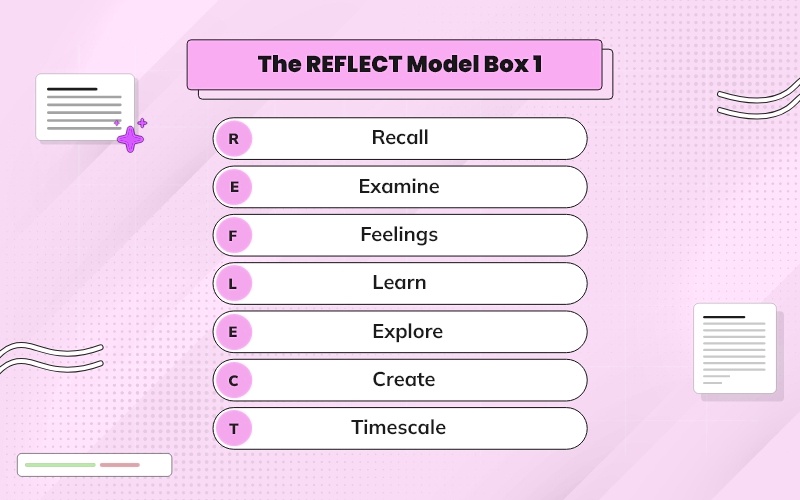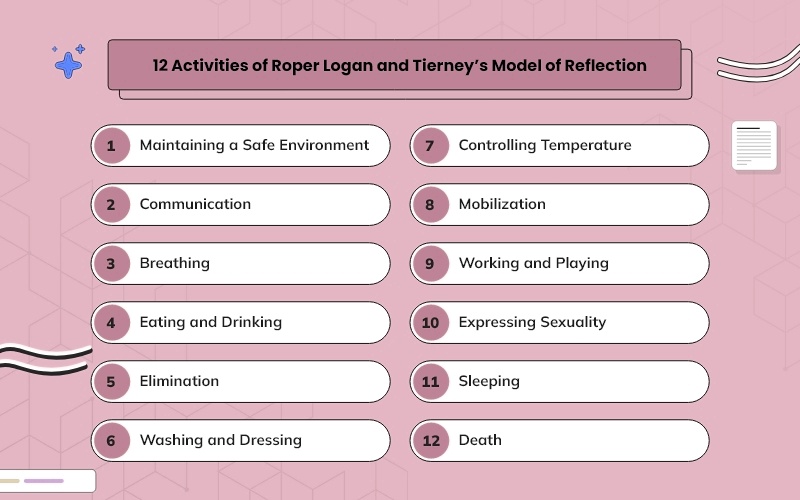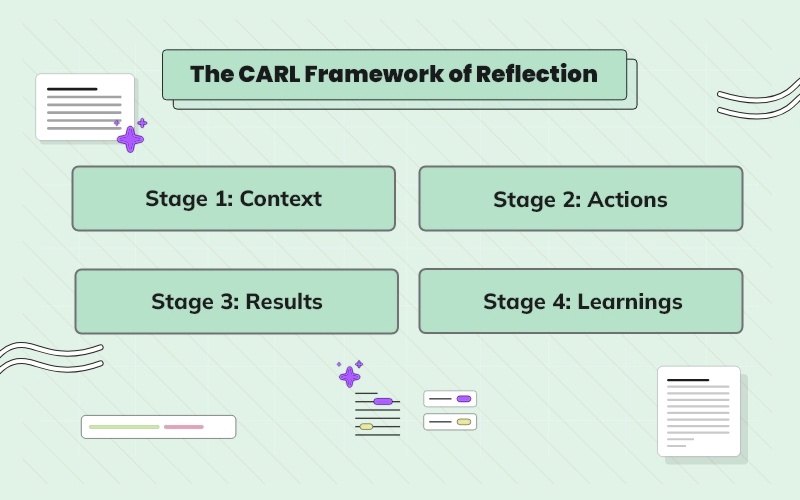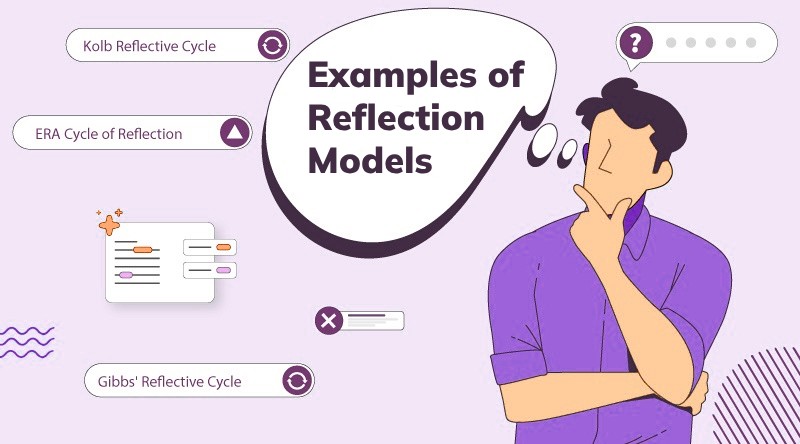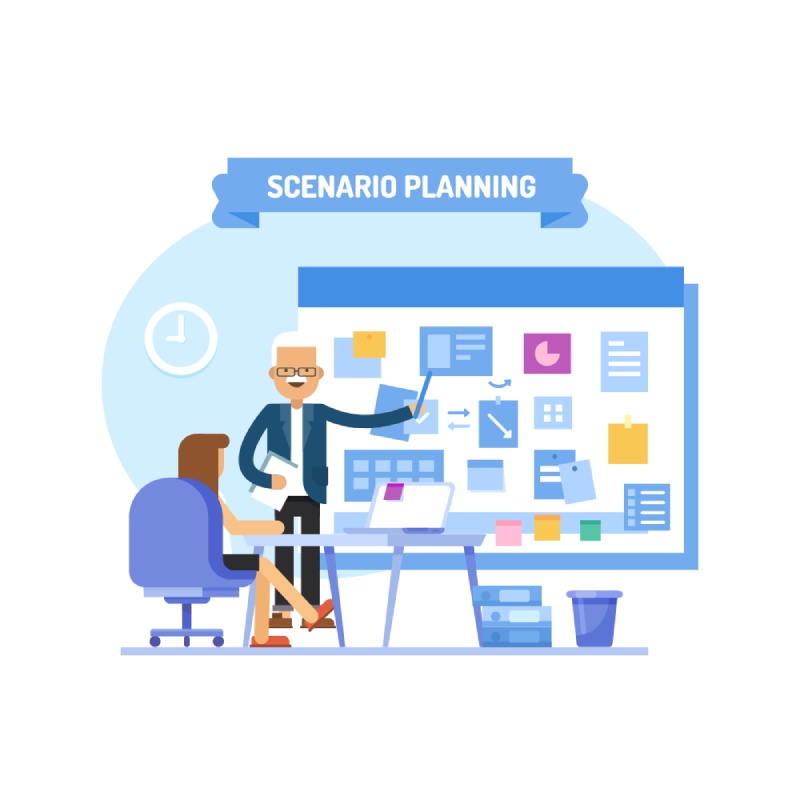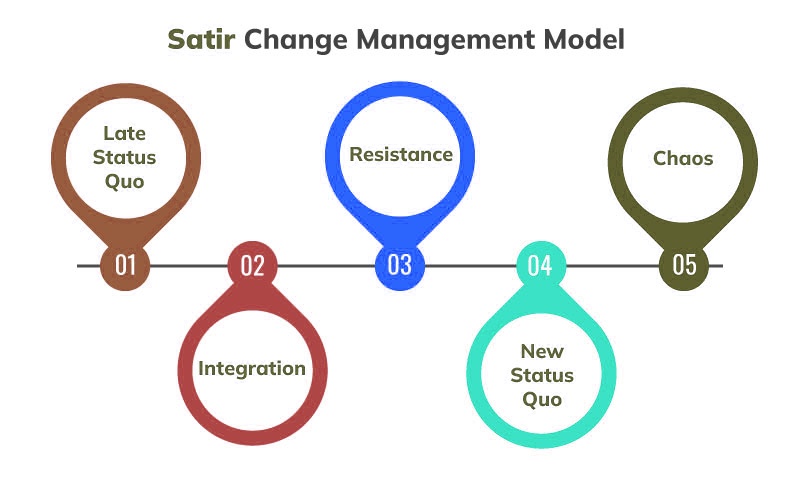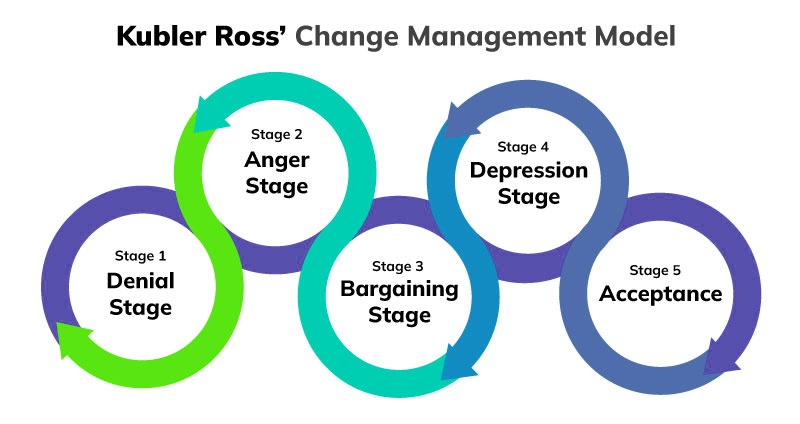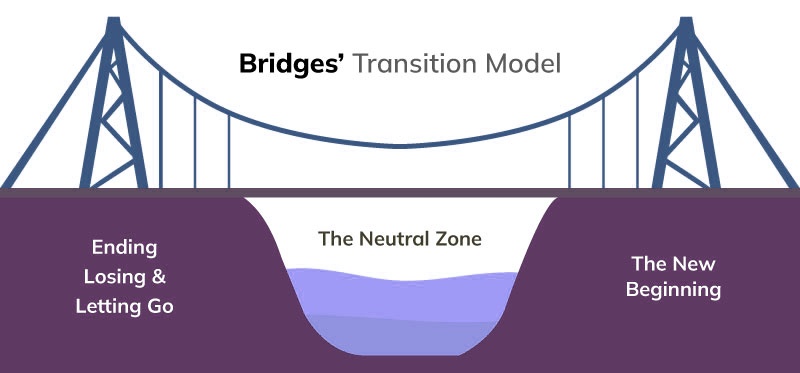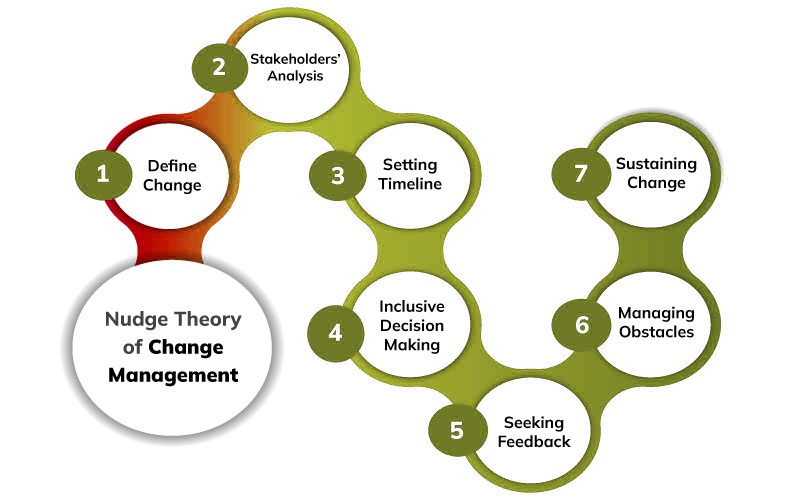Overview
Christopher Johns in the year 1994 developed reflective writing specifically for the nursing sector at the Burford Nursing Development Unit. This model was inspired by Gibbs' and Rolfe's model and soon after its wide popularity, the application of the model got popular in other varieties of disciplines as well in which the education sector was also involved. The framework developed by Christopher Johns had a total of 5 sets of questions that further had other sets of questions for writing effective and advanced reflection. The similarity between Gibbs model and Johns model is that both models allow individuals to critically reflect on their experiences. On the other hand, the difference is that Gibbs model is way more structured and instructed while Johns’ model is more open ended.
Table of Contents
The idea of Johns reflective model hit the researcher during his one research and that’s when he realized that for an effective reflection, there should be both internal and external factors included. As per the model, the internal factors of the model included an individual’s own emotions, thoughts, and ideas (Cox, 2005). On the other hand, the external factors consisted of factual occurrences of the experiences. To carry out the information, Johns prepared 5 sets of questions.
Furthermore, Johns utilized Barbara Crapper's pattern of knowing which she developed in 1978 included 4 phases of naming, aesthetics, personal, ethics, empirics and additionally johns added the fifth phase named reflexivity.
Five different phases of Johns model of reflection
Phase 1: Describe the experience (Aesthetics Questions)
The first phase is all about describing the experience in detail on what you want to reflect upon. This is the reason questions under the category of aesthetics are mainly concerned with factual description. Questions under the category of aesthetics are mentioned below
- What, where, and when did happen?
In this, we will highlight the background context of the situation. For example, the location, your role, time and the other necessary background information that will help readers understand the context of the situation. - What was my reaction?
While answering this, you will highlight your reaction to the occurrence of the incident you are reflecting upon. - What was the reaction of others involved in the situation?
In this, you will focus on the reaction of other people involved in the situation. - What actions did I take?
At this stage, you will state the actions taken by you when the incident occurred. - What was the result?
Lastly, you will highlight the result of your actions and the ways in which it impacted on the whole situation.
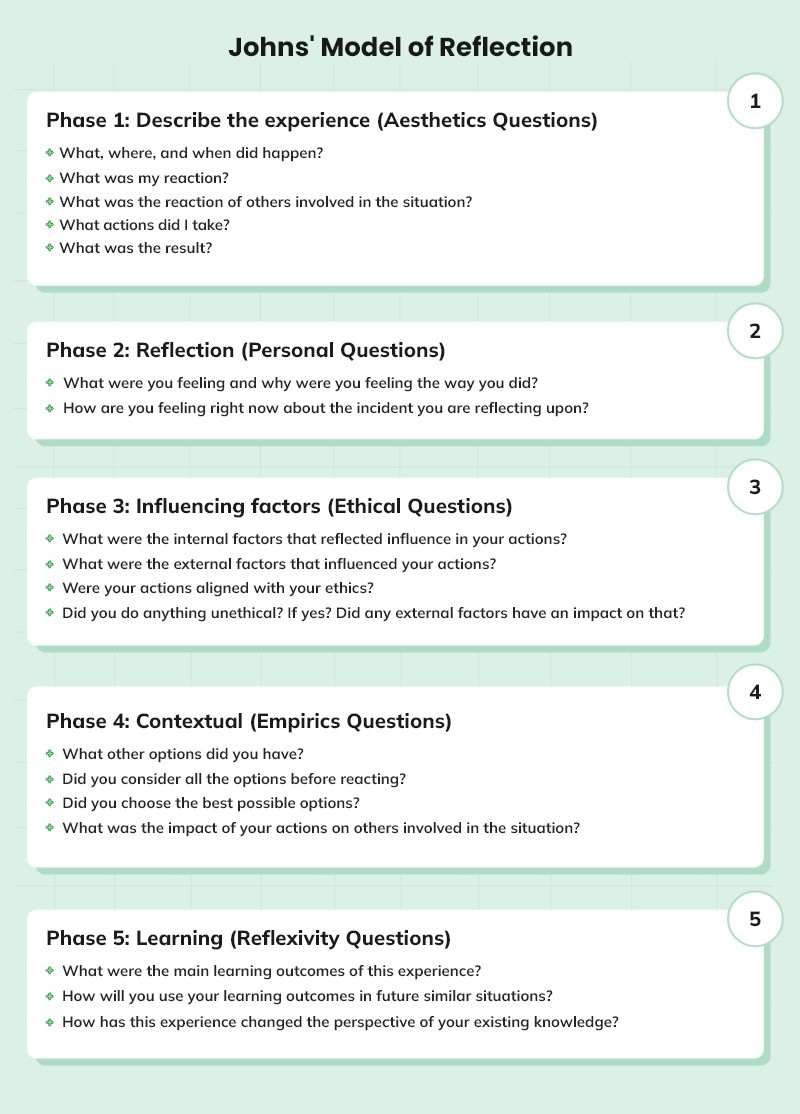
Phase 2: Reflection (Personal Questions)
The second phase is for self-reflection and all the questions asked in this phase were personal and related to the feelings oneself. This section is all about connecting the dots of factual and situational contact with feelings and how the emotional aspect contributed to the situation you are reflecting on. Some assisting questions that lie under the category of personal questions are
- What were you feeling and why were you feeling the way you did?
In this, you will highlight the ways in which you felt during the occurrence of the event you are reflecting on and the major reasons behind those feelings. - How are you feeling right now about the incident you are reflecting upon?
In this, you will highlight your current feelings about the incident you are writing the reflection about.
Phase 3: Influencing factors (Ethical Questions)
In this section, you will minutely express how the internal and external factors impacted the way you acted in certain situations you are reflecting on. Moreover, you will also relate to this section with your values and ethics to support or oppose your actions. Some assisting questions that might help you with the same area -
- What were the internal factors that reflected influence in your actions?
Here you will highlight the internal factors such as your feelings, thoughts or assumptions about the situation that might have influenced your actions in one way or another. - What were the external factors that influenced your actions?
While answering this, you will shed light on the various external factors such as other people’s opinion, actions, or body movements that might have impacted your actions in different ways. - Were your actions aligned with your ethics?
In this, you will highlight the fact that whether your actions were aligned with your action in any way or not. - Did you do anything unethical? If yes? Did any external factors have an impact on that?
In this, you will focus on explaining the relationship between your actions and general ethics. If the answer is yes, you will highlight if the external factors had any impact on your unethical actions.
Phase 4: Contextual (Empirics Questions)
Moving ahead, this section contains where you will explain the other alternative actions that you could have taken instead of what you did in reality. Alongside this, you will also discuss the impact of your actions on yourself or on other elements or people that were involved in the situation you are reflecting upon. Some empirical questions that will help you in the reflective writing of this section are
- What other options did you have?
In this question, you will focus on exploring all the alternatives that you could have opted for in terms of acting in the situation you are reflecting on. - Did you consider all the options before reacting?
In this, you will highlight the fact that you considered options before reacting or not. - Did you choose the best possible options?
In this, you will underline the fact that whether you chose the best option of all or you had a better alternative but did not choose because of some reason. - What was the impact of your actions on others involved in the situation?
While answering this, you will highlight the impact of the actions you took on the other people that were involved in the situation.
Phase 5: Learning (Reflexivity Questions)
In the additional questions, Johns added some reflective questions that will assist you in effectively underlining the learning model. So, in this section, you will briefly describe all your learning from this experience and how you will use those learnings in the future if similar situations occur. For this, Johns underlined some assisting reflexivity questions that will assist you in writing your reflective process using the model.
- What were the main learning outcomes of this experience?
In this, you will highlight the different learning outcomes you got from this learning experience. - How will you use your learning outcomes in future similar situations?
Here you will outline the ways in which you will utilize your learning outcomes from this situation to the future similar situations. - How has this experience changed the perspective of your existing knowledge?
In this, you will highlight the ways in which you got additional knowledge
Moving forward, after meticulously reviewing the model, below is Johns reflective model example in nursing that will assist you in understanding the model more comprehensively.
References
Cox, E. (2005) “Adult learners learning from experience: Using a reflective practice model to support work‐based learning,” Reflective Practice, 6(4), pp. 459–472. Available at: https://doi.org/10.1080/14623940500300517.




